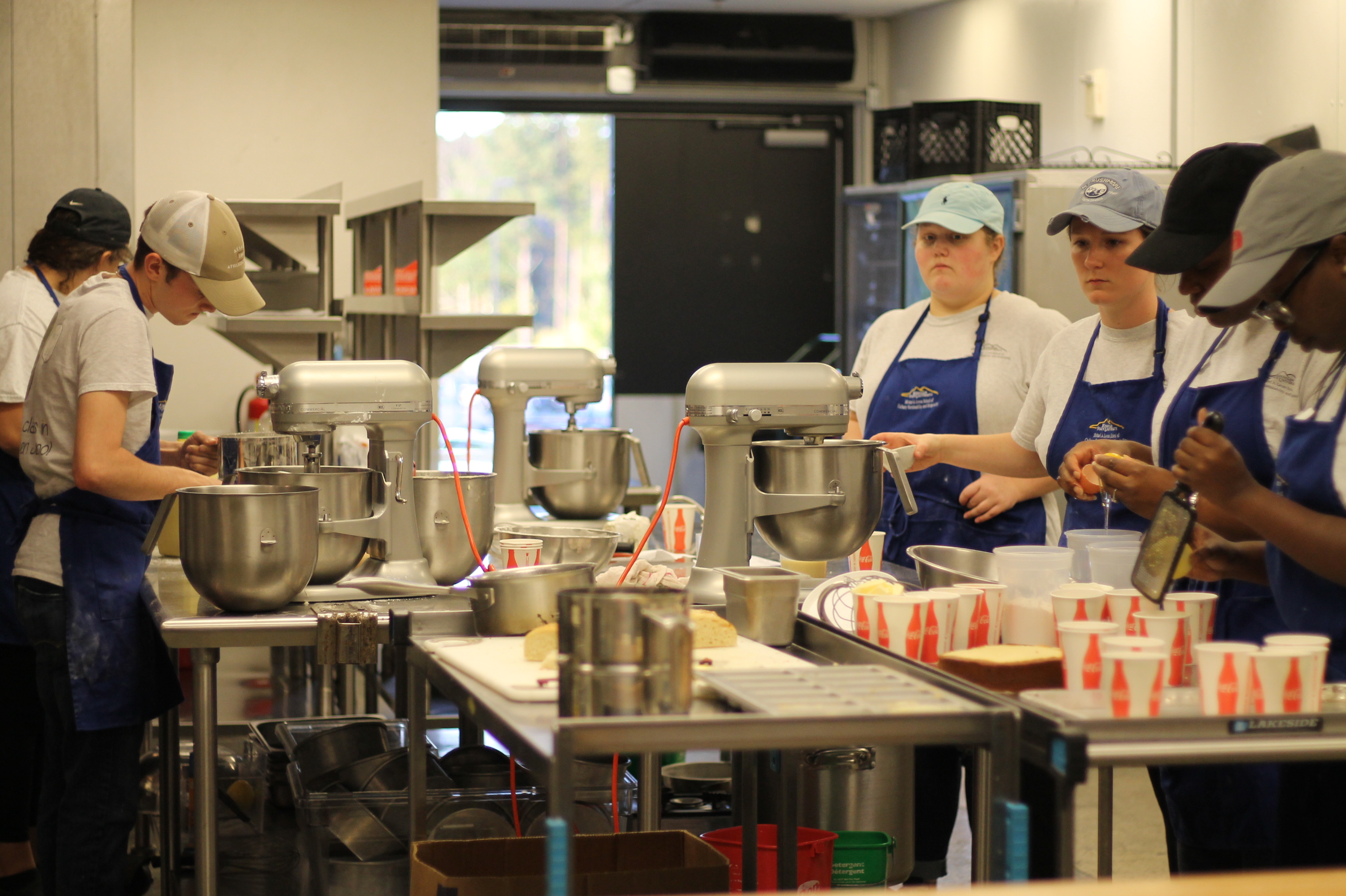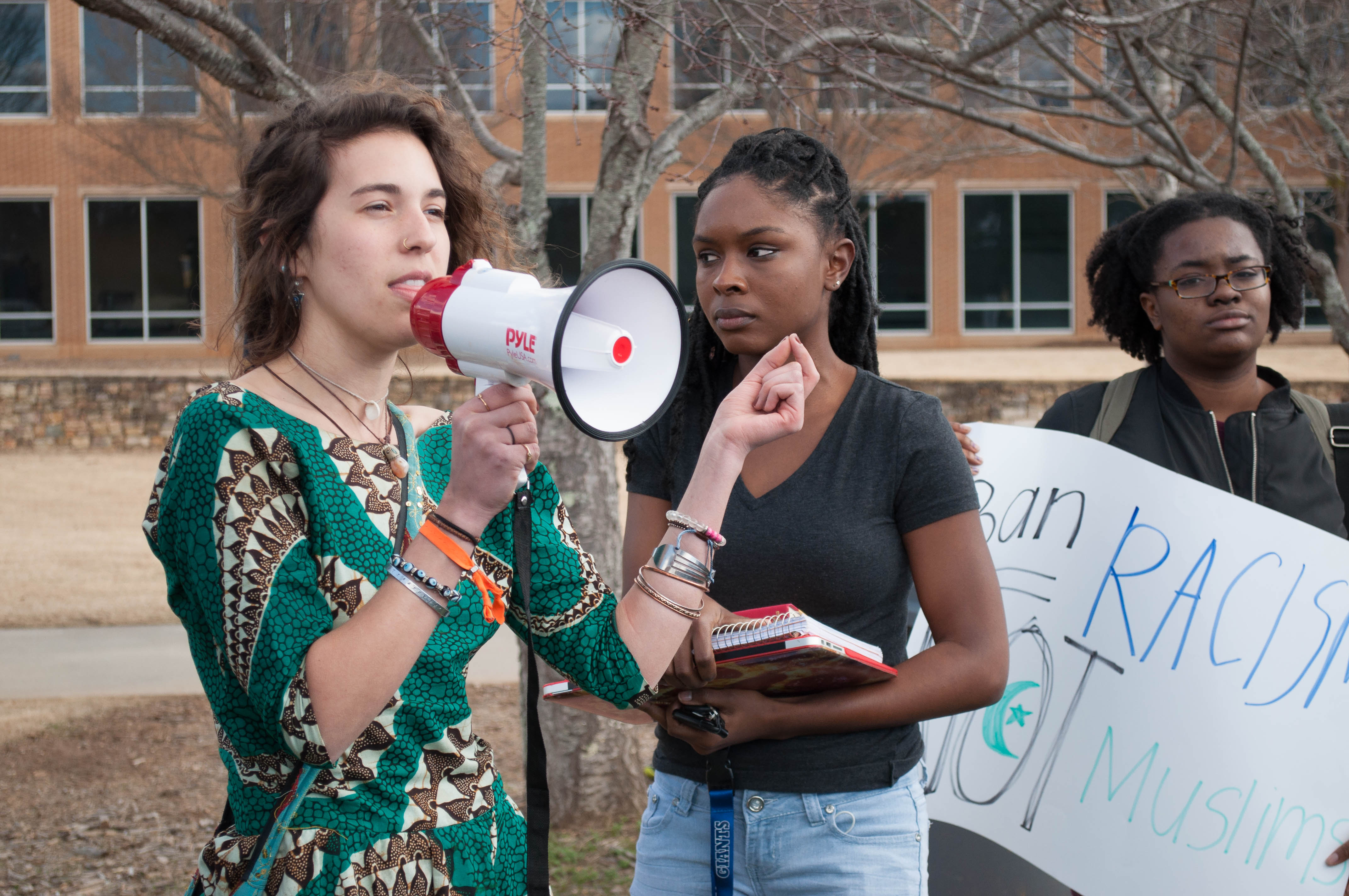Interim Provost and Vice President of Academic Affairs Linda Noble announced in an email to students, faculty and staff on Tuesday, April 19, that Kennesaw State will continue the Culinary, Sustainability and Hospitality degree program, but students and faculty are still concerned for the program’s future.
With the continuation of the program, Noble said that the university will remove the “hold” on allowing new students into the major, meaning that current KSU students will be able to declare the CSH major, and prospective students will see it as an available option when applying.
In the email, Noble said that the continuation of the program is “contingent on the program revising the curriculum to be more in line with the program that was originally approved by the Board of Regents in 2013.”
Noble also said she will hopefully be meeting with program faculty and leadership within the next week to speak about the curriculum and the future of the program, but that, as of right now, they do not have a defined plan.
Faculty and students were mainly concerned about Noble’s announcement that non-majors will no longer be able to enroll in courses within the program starting in the fall semester. Faculty members were also concerned that they will have to drop courses within the program because of a lack of students.
Noble’s announcement came after the number of CSH majors dropped to 197 after the university put an academic hold on students in January.
That number of students within the program does not account for majors who have made other plans for the next academic year. Sophomore CSH student Alex Vernachio made plans to transfer to the culinary program at Johnson and Wales University in the fall after KSU announced that the CSH program would be terminated.
By the time Noble came out with the announcement that the CSH program will continue, Vernachio said it was too late to make plans to stay at KSU since he has already paid for his tuition at Johnson and Wales.
A source close to the matter said more than 100 students outside of the CSH major have currently enrolled in CSH elective classes for the fall semester. Many of the degree programs within KSU require that students take upper-division coursework outside of their school or discipline, and many students have used the CSH program as a way to fulfill these requirements since the electives were originally designed to cater to students from all disciplines.
“This alarms many students, such as myself, due to the fact that there are very limited elective options available,” a junior KSU student said. “As I am nearing my senior year, CSH courses are the only electives I am able to take that do not require any prerequisites and are taught at the 3000-4000 level.”
Noble said the decision to make the electives unavailable to non-majors was based on the limited faculty resources within the CSH program. She said the university is concerned that the program does not have an adequate faculty to serve the students majoring in CSH, so they want to take the focus away from extra elective courses that are mainly serving students outside of the program.
“We do not want this decision to create any hardship for our students that are currently enrolled in those courses, so our advising team is working very closely with the students that are already enrolled,” Noble said.
Noble said an advising team will ensure that any graduating seniors scheduled to graduate in December 2018 will be able to stay in the elective courses if they have already registered for them. She said they will also work with students who enrolled in one of these courses as a related studies requirement for another degree program.
A source close to the matter said the advising team started contacting students enrolled in these classes Thursday afternoon to work with them and try to keep them in the classes for Fall.
“We don’t want to do anything that impedes the progress of students to completion of the degree. That’s our primary goal,” Noble said. “If we can identify other courses for students to move into, then we’ll do that, but our advisors have been charged with working directly with our students to make sure that this decision does not impact them in a harmful way.”
Noble said there is hope that, in the future, the program may be able to take on students outside of the program again, but she wants to wait until the program has become more “well-established.”
“I want to make sure we’ve got the best series of courses on the table so that our majors can progress in the program,” Noble said.
Noble also said in the announcement sent out on Tuesday that the “business-focused concentration in hospitality” program the university planned under the Coles College of Business will continue development along with the CSH program, but will be “distinctly different.” The announcement also reads that the $5 million gift from Michael A. Leven usually given to the CSH program will be transferred to the Coles College.
According to the Office of University Development’s website, the Leven gift is the largest contribution to the university from an individual in KSU’s history.
A source close to the matter questioned if the gift’s donor, Michael A. Leven, is completely aware that the gift is going to a concentration rather than a major. The source also said concentrations only include a total of 15 credit hours while majors, such as the CSH program, include a total of 60 credit hours.
Noble said that a program including a concentration does not mean there are fewer credit hours required from students. She said students within a concentration are still required to enroll in 60 credit hours to complete their major.
CSH faculty members have questioned how the two programs will exist separate from one another, considering that the CSH program already includes courses that are hospitality and business focused.
Noble said that she is going to ask that the leadership from each program to work closely together during the revision and development of these programs to make sure the two are clearly established and different from one another.
Noble said the concentration in the Coles College is expected to be completed and ready for students to enroll in courses within the next few years.




